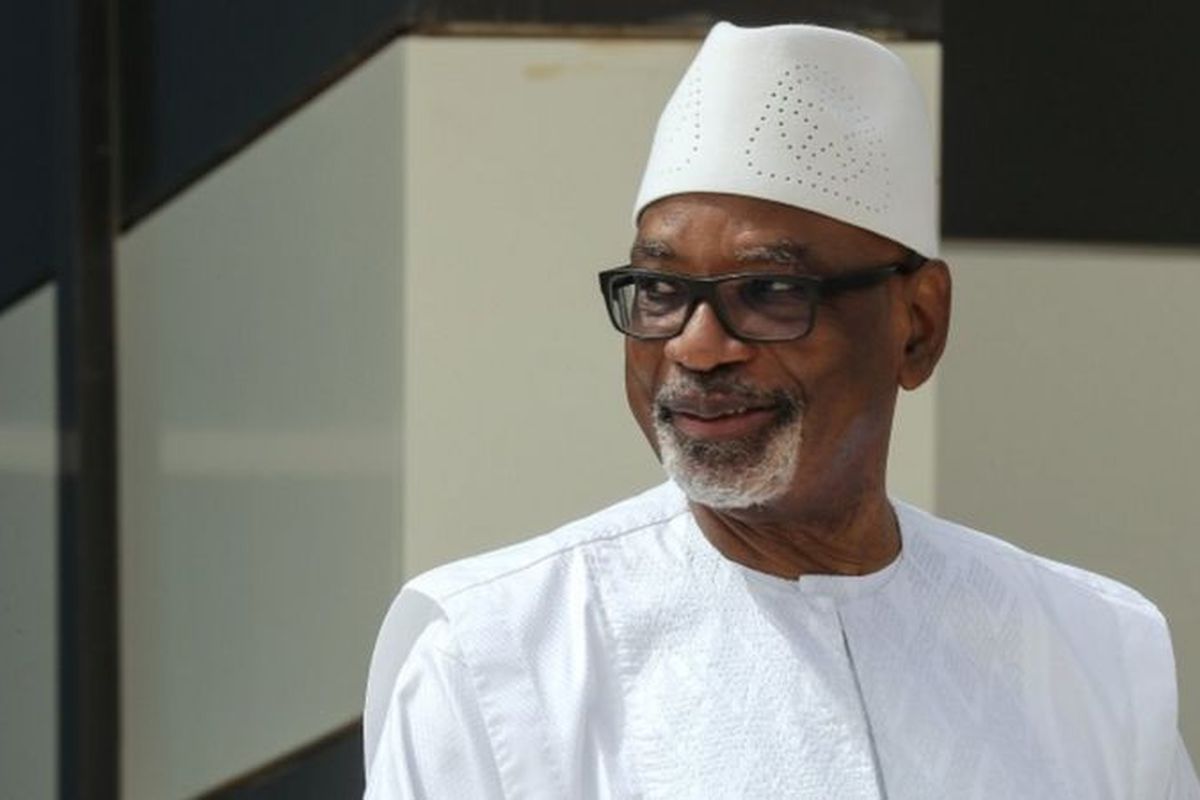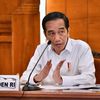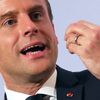France in a Diplomatic Conundrum After Mali President Resigns

Better to come?
The leaders of the coup condemned by the EU, UN, African Union and regional grouping ECOWAS, insisted that "peace in Mali is our priority" and promised to stage elections within a "reasonable time".
"The junta... does not want to alienate the support of the international community, including Barkhane," tweeted Yvan Guichaoua, a researcher at the University of Kent's Brussels School of International Studies.
"The objective seemingly was mainly to eject IBK and his allies from power."
France itself has been doubtful about Keita's ability to improve security and governance in Mali, say analysts.
Read also: Indonesian Online Poll Confirms Growing Public Clamor for Cabinet Reshuffle

And Shurkin believes the coup "could theoretically work out for the best if it yields a government that functions better and that can lay claim to greater legitimacy.
"It has to be acknowledged that things weren’t going well before the coup; Mali under IBK was making little if any progress, which meant that the success of French strategy was questionable anyway," he said.
In the short term, however, French diplomats and military leaders face an uphill battle.
"In a way, it's back to square one," said Jean-Herve Jezequel, Sahel specialist at the International Crisis Group in Brussels.
"Eight years of effort, investment, presence to basically return to the situation of Mali at the time of the 2012 coup, with a confused situation in Bamako, more violent armed insurrections and increased inter-communal violence."
Change in approach
Military historian Michel Goya predicted a political imbroglio that will last for months.
"For the French military, this makes things more complicated. Operations can continue, they can be run independently, but cooperation with the Malian forces will likely be stopped. And armed groups may try to take advantage of the situation to expand their action," he said.
France is also likely to see new reticence from European partners it had been trying to convince to enlarge military operations in Sahel, notably a European special forces group dubbed Takuba and the so-called G5 Sahel, an under-resourced force of regional soldiers.


































